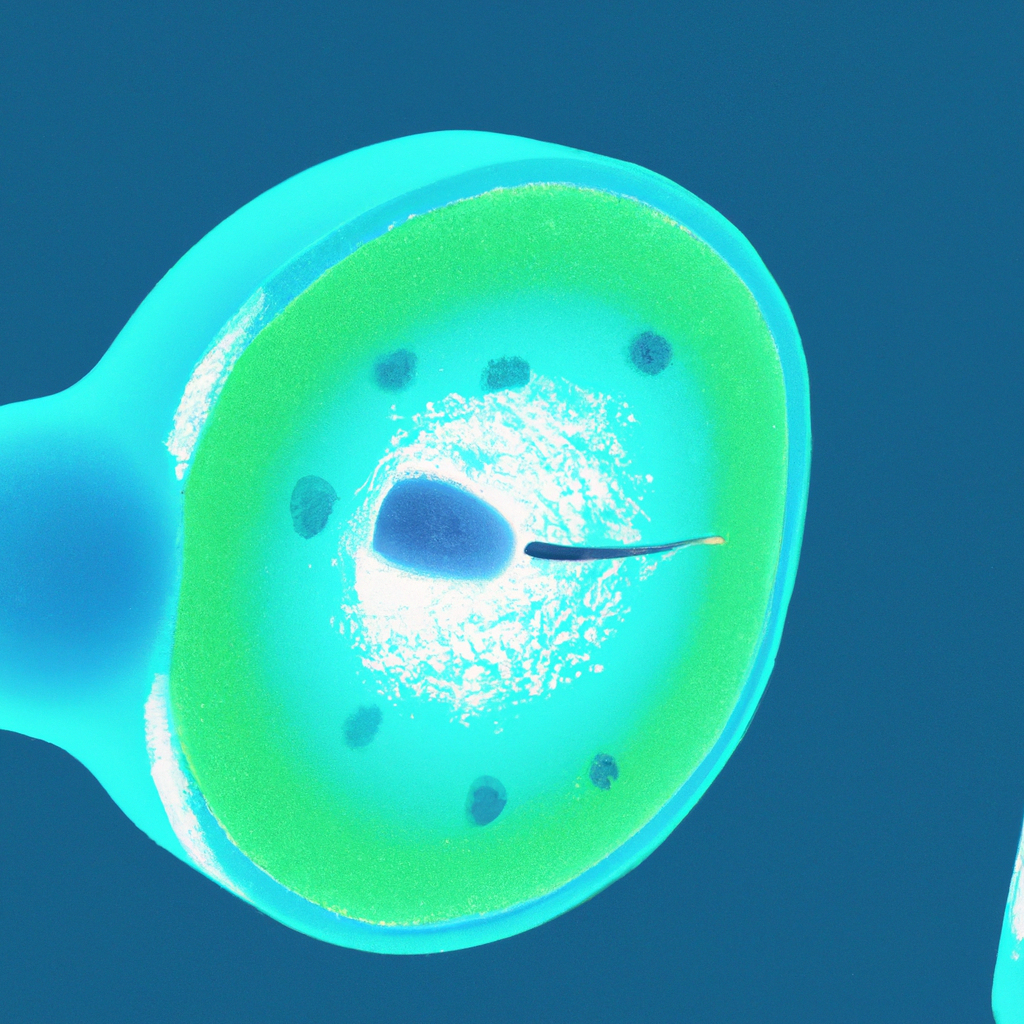-
Reading Roadmap
- Impaired β-Cell Function: A Closer Look at One-Hour Postload Glucose Versus Two-Hour Postload Glucose
- Key Takeaways
- Introduction: Unraveling the Complexities of β-Cell Function
- One-Hour Postload Glucose: A More Sensitive Indicator
- Two-Hour Postload Glucose: A Less Sensitive, But Still Useful Indicator
- Implications and Future Directions
- FAQ Section
- What is β-cell dysfunction?
- What is the difference between one-hour and two-hour postload glucose?
- Why is early detection of β-cell dysfunction important?
- Is the two-hour postload glucose test still useful?
- What are the future directions for this research?
- Conclusion: The Future of Diabetes Diagnosis and Management
- Further Analysis
Impaired β-Cell Function: A Closer Look at One-Hour Postload Glucose Versus Two-Hour Postload Glucose

[youtubomatic_search]
Key Takeaways
- Impaired β-cell function is more accurately detected by one-hour postload glucose than two-hour postload glucose.
- One-hour postload glucose is a more sensitive indicator of β-cell dysfunction and can predict the onset of type 2 diabetes more accurately.
- Two-hour postload glucose, while still useful, may not detect β-cell dysfunction as early as the one-hour postload glucose test.
- Early detection of β-cell dysfunction can lead to more effective interventions and better management of diabetes.
- Further research is needed to fully understand the implications of these findings and to develop more effective diagnostic tools for diabetes.
Introduction: Unraveling the Complexities of β-Cell Function
β-cells, located in the pancreas, play a crucial role in the regulation of blood glucose levels by producing insulin. When these cells become dysfunctional, it can lead to conditions such as type 2 diabetes. Detecting this dysfunction early is key to preventing and managing the disease. Recent research suggests that one-hour postload glucose may be a more accurate indicator of β-cell dysfunction than the traditionally used two-hour postload glucose.
One-Hour Postload Glucose: A More Sensitive Indicator
Studies have shown that one-hour postload glucose is a more sensitive indicator of β-cell dysfunction. This test measures the blood glucose level one hour after a person has consumed a glucose-rich drink. A high one-hour postload glucose level can indicate that the β-cells are not producing enough insulin to effectively regulate blood glucose levels.
Research published in the Journal of Clinical Endocrinology and Metabolism found that individuals with high one-hour postload glucose levels were more likely to develop type 2 diabetes than those with normal levels. This suggests that the one-hour postload glucose test can predict the onset of diabetes more accurately than the two-hour postload glucose test.
Two-Hour Postload Glucose: A Less Sensitive, But Still Useful Indicator
While the two-hour postload glucose test may not be as sensitive as the one-hour test, it is still a useful tool for diagnosing diabetes. This test measures blood glucose levels two hours after a person has consumed a glucose-rich drink. A high two-hour postload glucose level can indicate diabetes or prediabetes.
However, research has shown that the two-hour test may not detect β-cell dysfunction as early as the one-hour test. This means that individuals with impaired β-cell function may not be diagnosed as quickly, potentially delaying treatment and increasing the risk of complications.
Implications and Future Directions
The findings on one-hour postload glucose have significant implications for the diagnosis and management of diabetes. By detecting β-cell dysfunction earlier, healthcare providers can intervene more effectively, potentially preventing the onset of diabetes or slowing its progression.
However, more research is needed to fully understand the implications of these findings. Future studies should aim to confirm these results and explore the potential benefits of incorporating the one-hour postload glucose test into routine diabetes screening.
FAQ Section
What is β-cell dysfunction?
β-cell dysfunction refers to the inability of the β-cells in the pancreas to produce enough insulin to effectively regulate blood glucose levels. This can lead to conditions such as type 2 diabetes.
What is the difference between one-hour and two-hour postload glucose?
One-hour postload glucose measures blood glucose levels one hour after a person has consumed a glucose-rich drink, while two-hour postload glucose measures these levels two hours after consumption. Research suggests that the one-hour test may be a more sensitive indicator of β-cell dysfunction.
Why is early detection of β-cell dysfunction important?
Early detection of β-cell dysfunction can lead to more effective interventions, potentially preventing the onset of diabetes or slowing its progression.
Is the two-hour postload glucose test still useful?
Yes, the two-hour postload glucose test is still a useful tool for diagnosing diabetes, even though it may not detect β-cell dysfunction as early as the one-hour test.
What are the future directions for this research?
Future research should aim to confirm these findings and explore the potential benefits of incorporating the one-hour postload glucose test into routine diabetes screening.
Conclusion: The Future of Diabetes Diagnosis and Management
The findings on one-hour postload glucose and β-cell dysfunction have significant implications for the diagnosis and management of diabetes. By detecting β-cell dysfunction earlier, healthcare providers can intervene more effectively, potentially preventing the onset of diabetes or slowing its progression. However, more research is needed to fully understand these implications and to develop more effective diagnostic tools for diabetes.
[youtubomatic_search]
Further Analysis
As we continue to unravel the complexities of β-cell function and its role in diabetes, it is clear that early detection and intervention are key. The one-hour postload glucose test represents a promising tool for achieving this goal. However, as with any new diagnostic tool, it is important to continue researching and refining its use to ensure it is as effective as possible.
While the two-hour postload glucose test may not be as sensitive, it remains a valuable tool in the fight against diabetes. By using both tests in conjunction, healthcare providers can gain a more comprehensive understanding of a patient’s risk and tailor their treatment accordingly.
Ultimately, the goal is to improve the lives of those living with diabetes. By continuing to research and innovate, we can move closer to this goal every day.

Leave a Reply